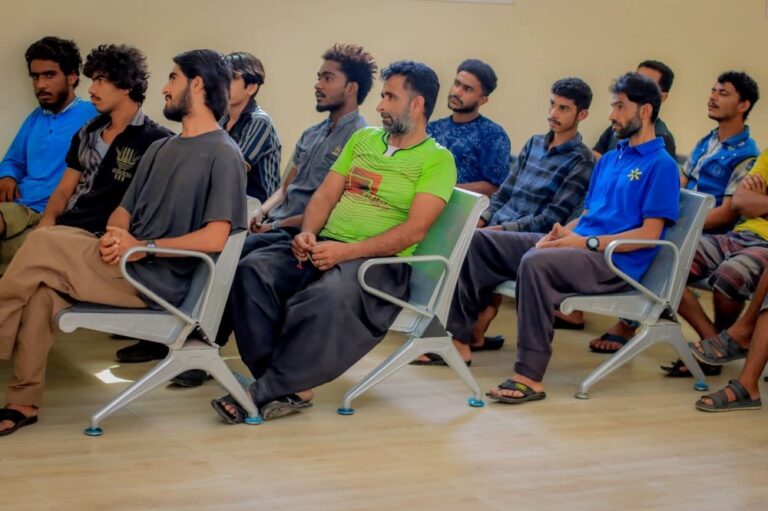– Advertisement –
Dear Editor,
In recent weeks, the ongoing Coroner’s Inquest in The Gambia has generated intense public debate and, in some quarters, sensational commentary. The decision by Magistrate Anna Mendy to conduct portions of the inquest in camera, that is, privately and away from the glare of the public and press, has been met with both curiosity and criticism. Yet, a closer look at the principles of law and judicial discretion reveals that such a decision is neither unusual nor improper. It is, in fact, a measured exercise of judicial prudence aimed at safeguarding the integrity of the proceedings.
Under Gambian law, as in most common law jurisdictions, the courts possess inherent powers to determine the mode in which proceedings are conducted. This includes the discretion to decide whether certain hearings should be held in public or in private.
While the default position remains that justice must be done and be seen to be done, this principle is not absolute. Courts retain the right to restrict public access to proceedings in circumstances where openness may compromise the fairness of the process, endanger witnesses, or risk the contamination of evidence.
– Advertisement –
The Coroner’s Inquest is a quasi-judicial inquiry into the cause and circumstances of a person’s death. It serves both a legal and public interest purpose, shedding light on matters that may affect the administration of justice and the public’s right to know. However, public interest must always be balanced against the need to protect the sanctity of the judicial process. Public curiosity cannot be permitted to override the court’s duty to ensure an orderly, fair, and untainted inquest.
In the present case, Magistrate Anna Mendy’s decision to proceed in camera should therefore be understood not as an act of secrecy but as an act of responsibility. The court is not shutting out the public to conceal facts; it is exercising its lawful discretion to preserve the integrity of its proceedings, particularly when such proceedings risk being “bastardised” by speculative reporting and journalistic mischief.
The media plays a vital role in democracy, but where coverage crosses into sensationalism and distorts the facts, the court is correct to act to protect its process.
– Advertisement –
Notably, once concluded, the inquest’s findings will not vanish into obscurity. They will be formally submitted to the Chief Justice, who will determine how best to make them public. The weight and significance of those findings remain intact regardless of whether the hearing was conducted in open or closed court. What matters most is the process’s impartiality and the outcome’s credibility.
The judiciary must function without undue interference, intimidation, or pressure from public opinion.
The decision of Magistrate Mendy is, therefore, a reminder that the rule of law thrives not in noise but in order; not in speculation but in sober adherence to due process. The Gambian people deserve justice, which, in its purest form, sometimes demands discretion over display.
Melville Robertson Roberts
UK












